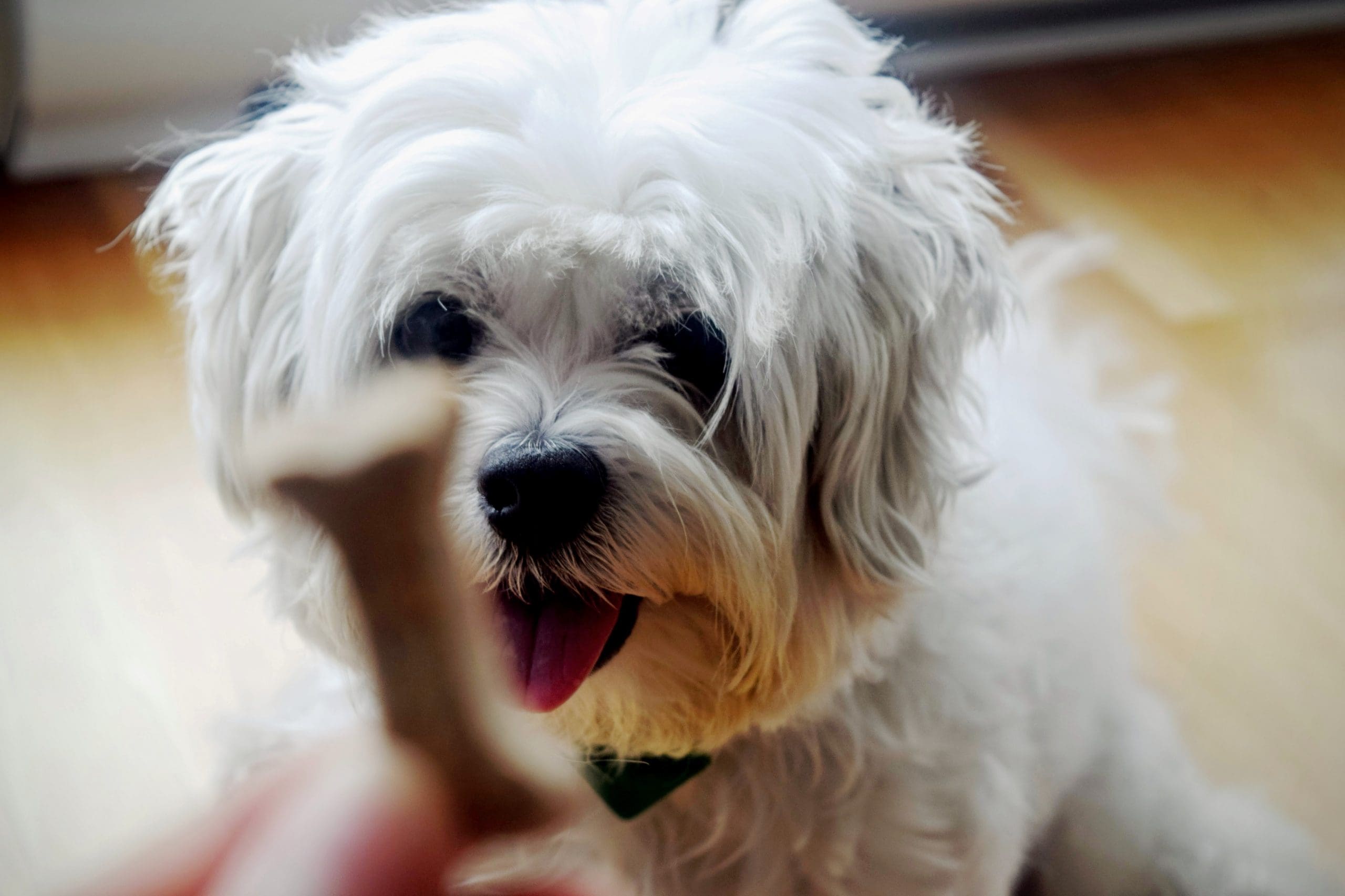 Have you ever wondered when dogs lose their baby teeth? Like humans, dogs go through a teething process as they grow from adorable puppies into adult dogs. Understanding this natural process can help you take better care of your furry friend and ensure their dental health is on track. In this blog post, we’ll explore the timeline of when dogs lose their baby teeth and provide some helpful tips.
Have you ever wondered when dogs lose their baby teeth? Like humans, dogs go through a teething process as they grow from adorable puppies into adult dogs. Understanding this natural process can help you take better care of your furry friend and ensure their dental health is on track. In this blog post, we’ll explore the timeline of when dogs lose their baby teeth and provide some helpful tips.
The Early Stages: 3 to 4 Weeks
At around three to four weeks of age, puppies develop their first set of baby teeth, also known as deciduous teeth. These tiny teeth help them explore the world and eventually transition into eating solid food. During this time, you might notice your puppy nibbling on toys or even your fingers to relieve their discomfort.
Teething Troubles: 4 to 6 Months
Between the ages of four and six months, puppies start losing their baby teeth as their adult teeth emerge. This can be a challenging time for both you and your furry companion. Your puppy may experience discomfort, and you might notice them chewing on anything they can find to alleviate the pressure. Providing appropriate chew toys can help redirect their focus and protect their belongings from their teething tendencies.
The Arrival of Adult Teeth: 7 to 8 Months
When your dog reaches seven to eight months, they should have a complete set of adult teeth. These teeth are larger and more robust than their baby counterparts, allowing them to chew and tear food more efficiently. It’s crucial to establish a good dental hygiene routine during this stage to maintain oral health for years to come.
Tips for a Healthy Teething Process:
Provide Appropriate Chew Toys: Offering sturdy, chewable toys can help soothe your puppy’s sore gums and redirect their chewing tendencies away from your belongings.
Regular Dental Care: Introduce your puppy to tooth brushing early on and gradually make it a part of their routine. Use a dog-specific toothbrush and toothpaste to keep their teeth clean and free from plaque buildup.
Monitor for Complications: While losing baby teeth is a natural process, occasionally, complications may occur, such as retained baby teeth or adult teeth growing in improper positions. Regularly check your dog’s mouth for abnormalities and consult your veterinarian if you have concerns.
Understanding when dogs lose their baby teeth is an essential aspect of responsible dog ownership. By being aware of the teething process and providing appropriate care, you can help your furry friend transition smoothly into adulthood. Remember to provide chew toys, establish a dental care routine, and monitor for potential complications. Your dog’s dental health is an essential part of their overall well-being, so give them the attention they deserve during this milestone in their life.
[/fusion_text]



